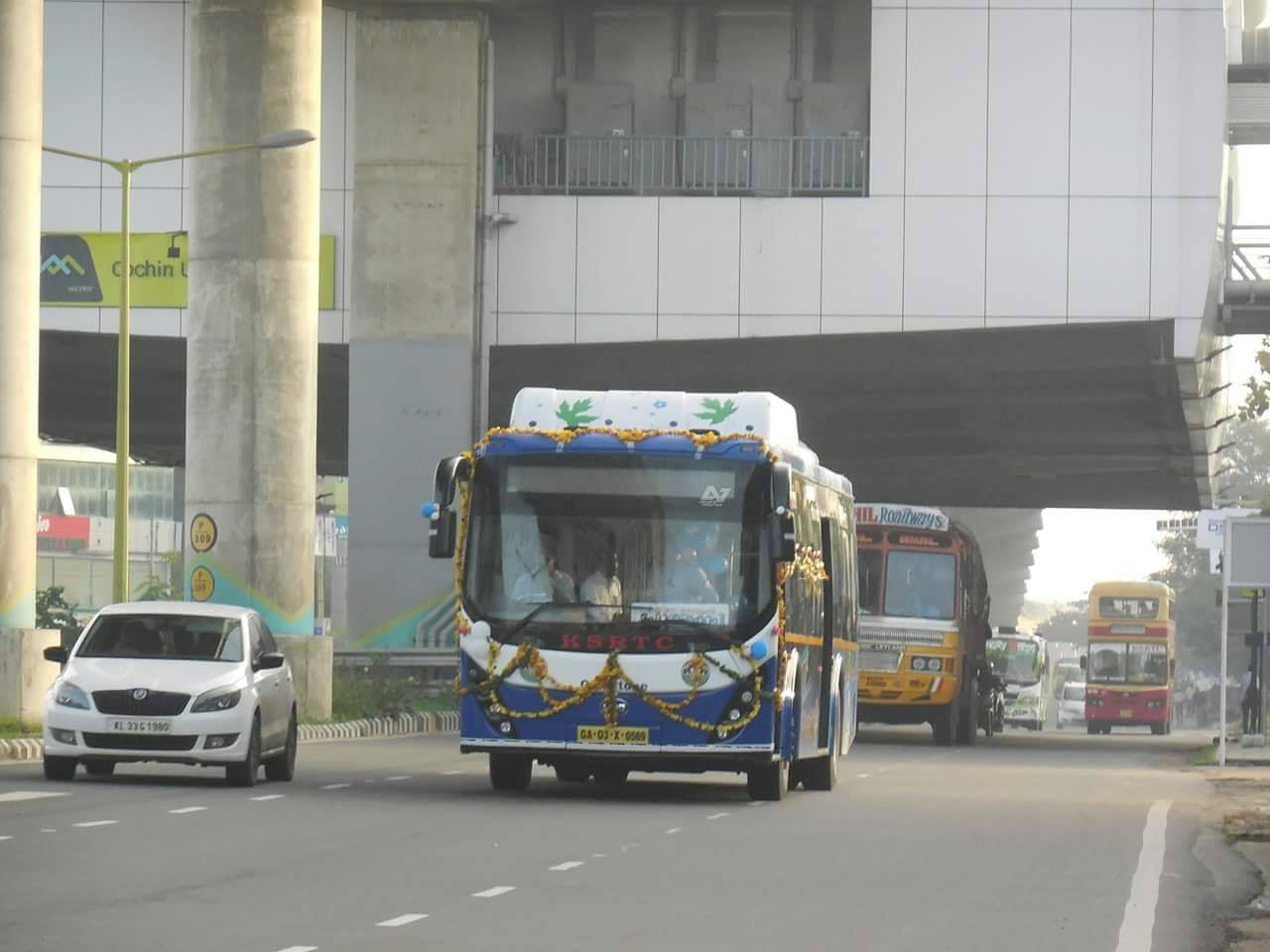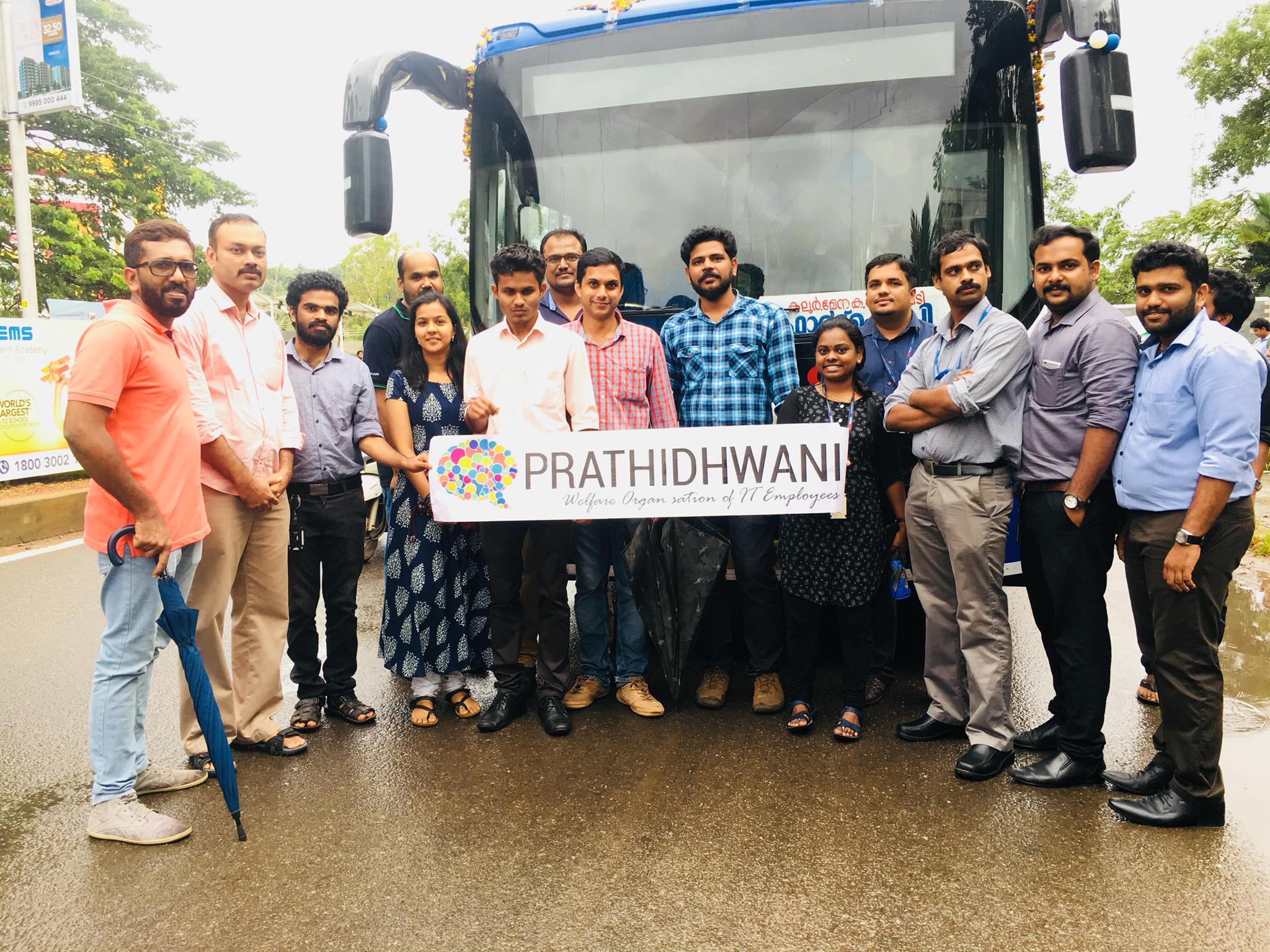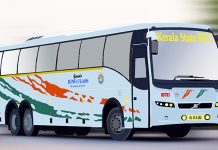KSRTC completes second phase trial of electric bus with collection of over Rs 40,000
KSRTC completed the second phase trial of its electric bus in Ernakulam district with over R40,000 collected in four days. The bus is slated to move to Kozhikode on Wednesday.V M Tajudheen Sheikh, KSRTC Region Officer, said the electric bus – on an average – had a collection of R40-45 per km during the trial in Ernakulam district compared to a collection of R35-38 per km generated by diesel buses.
“The prime focus of the test in Ernakulam was to check whether the bus can be operated in heavy traffic. In city traffic alone, the fully charged bus could be operated for 250 km. The bus will be ideal to operate on routes like Aluva-Fort Kochi or Nedumbassery Airport-Vyttila,” he said.

Though the vehicle manufacturers claim the bus can be operated for 350 km when fully charged, KSRTC tested the vehicle for more than 250 km per day.Over four days, the total collection stood at R40,072. On Saturday, the electric bus was operated for 170 km in Kochi.
The collection for the day was R7,061, with the average collection being R43 per km. On Sunday, the bus was operated for 247 km for a collection of R10,656. The average collection was R43 per km.On Monday, the vehicle worked up 261 km for a collection of R12,239, with the average collection being R46 per km. On Tuesday, the collection stood at R10,116 over a distance of 261 km.
“We expect the collection to improve further with regular services and with more buses. Due to rain and the ticket-fare being in line with low-floor air-conditioned buses, the collection was a bit lower than expected,” an officer said.In Kochi, eight services were scheduled for the electric bus, starting from Aluva at 6.30 am and ending at the same place by 8.35 pm.
The bus stationed at Aluva was charged overnight. However, some changes were made in the route for testing the vehicle at different terrains.The low-floor bus built by the Hyderabad-based Goldstone Infratech will undergo testing at Kozhikode from Thursday.
The K9-D.2 variant of the bus can seat up to 35 passengers and is wheelchair-friendly. The bus has a top speed of 90 km per hour.The 15-day trial run of the electric bus got under way in Thiruvananthapuram on June 18. Based on the trial, the government will decide on introducing electric buses to the KSRTC fleet.
Warm reception at Infopark

Prathidhwani, a welfare organisation representing techies in Infopark, gave a warm reception to the electric bus when it arrived there on Tuesday. A function was organised in front of the Infopark campus with representatives from various tech companies taking part. The representative claimed such buses would be apt for Kerala to help revive KSRTC, apart from being environment-friendly.



















